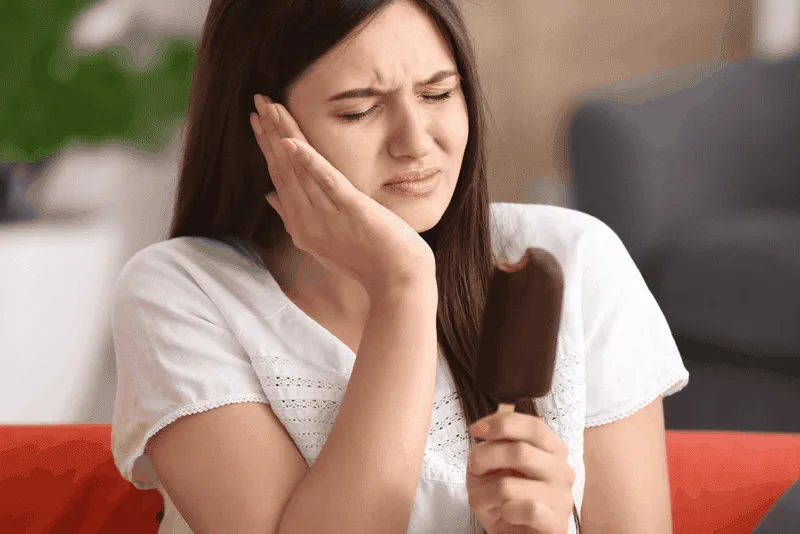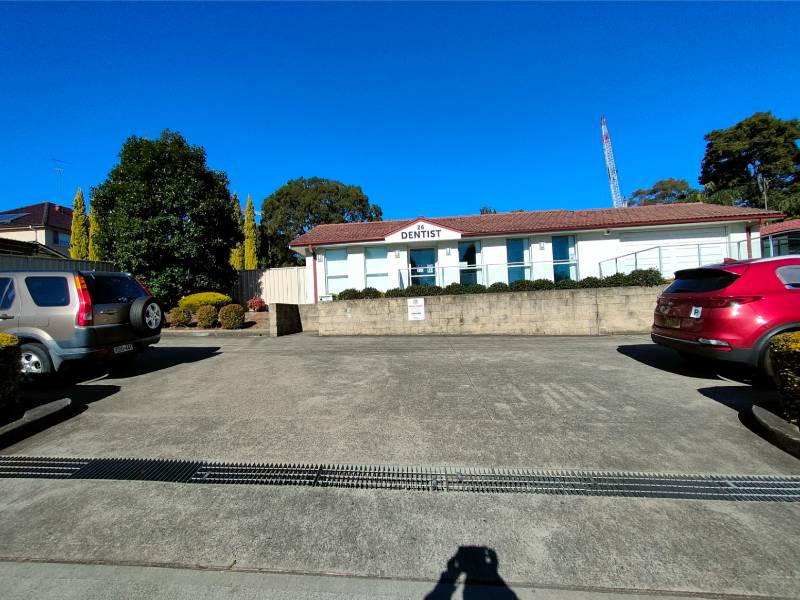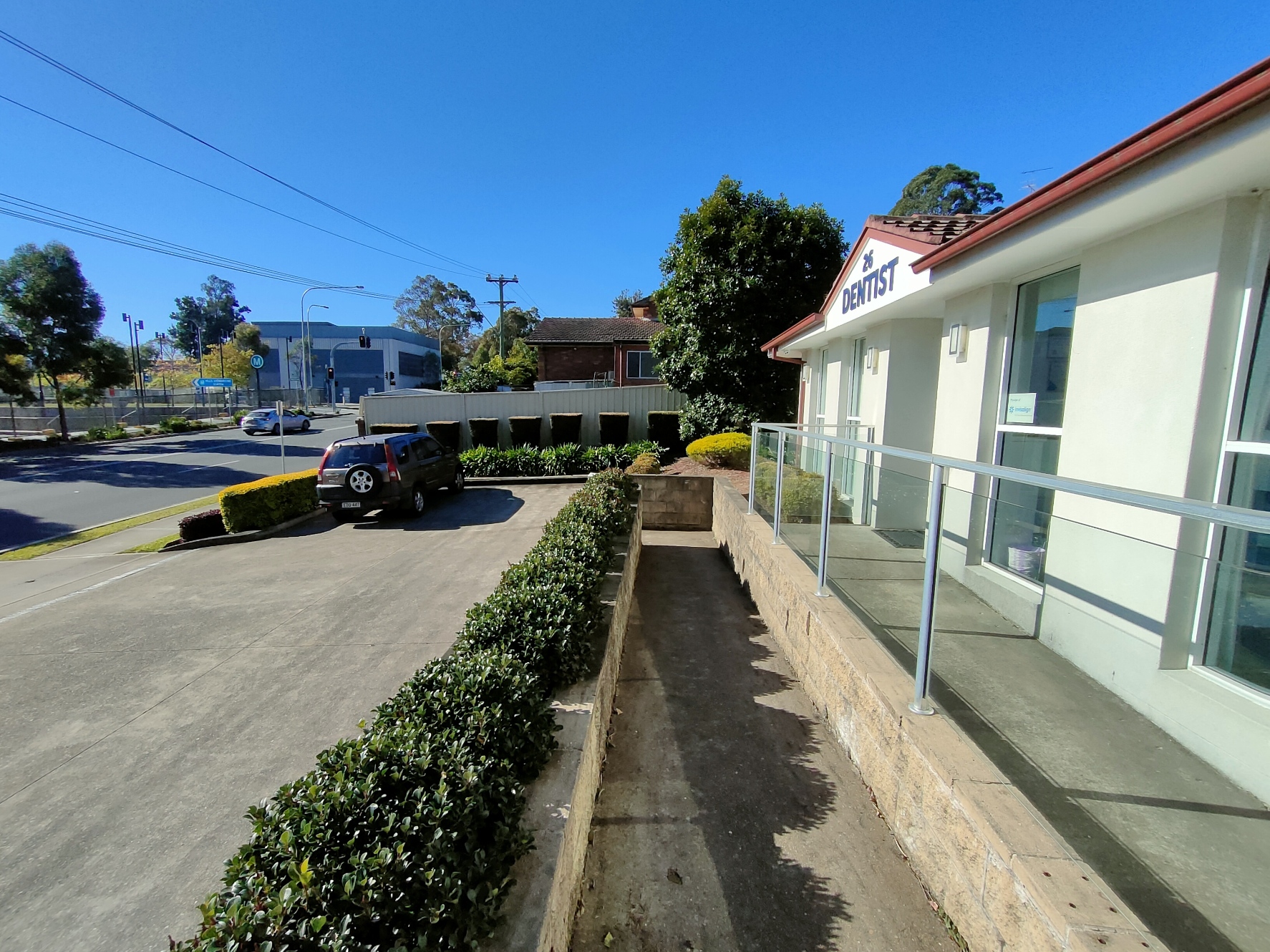Trauma to the teeth commonly occurs in children or young adults and comprises 5% of all injuries. This can include things such as fractures to the tooth, blunt force trauma, or knocked-out teeth. Although knocking out a tooth is more uncommon than the other injuries listed, it is the one that can send most parents or carers into havoc.
Despite this, providing the appropriate first aid in a timely manner and ensuring regular follow-up can significantly improve the outcome of the tooth.
Call us immediately at (02) 9680 1212 to book an emergency appointment.
First Aid
It is critical to check whether the tooth is a baby tooth or an adult tooth before attempting to re-plant the teeth. If you’re unsure, wash the tooth with milk or saliva and store it in a glass jar with milk.
Time is of the essence when a tooth has been knocked out so ensure your dentist knows you’re on the way.

Caring for a replanted tooth
Maintaining good oral hygiene is the next step to ensuring the best possible outcome for a tooth that has been replanted.
For young children, an alcohol-free chlorhexidine mouthwash such as Savacol can be applied to the area with a Q-tip or cotton swab.
For older children, it can be used gently as a mouth rinse for 1-2 weeks, or as prescribed by your dentist. In order to protect the replanted teeth, pacifiers and any thumb-sucking habits are strongly discouraged as excessive forces can often impact the healing of the tooth.
For the prevention of future injuries to the tooth, a splint or mouth guard is advised to ensure optimal healing.
Follow-up
Regularly scheduled check-ups are critical in order to ensure the tooth is healing well and any issues can be detected and managed in a timely manner. Your dentist will be able to provide you with any maintenance or care instructions to ensure that your tooth has the best chance of healing. Some teeth can often appear fine for months or even years before they cause issues with the darkening of the tooth, loss of sensation, root resorption, or pain.
For more information, please refer here. https://www.ada.org.au



